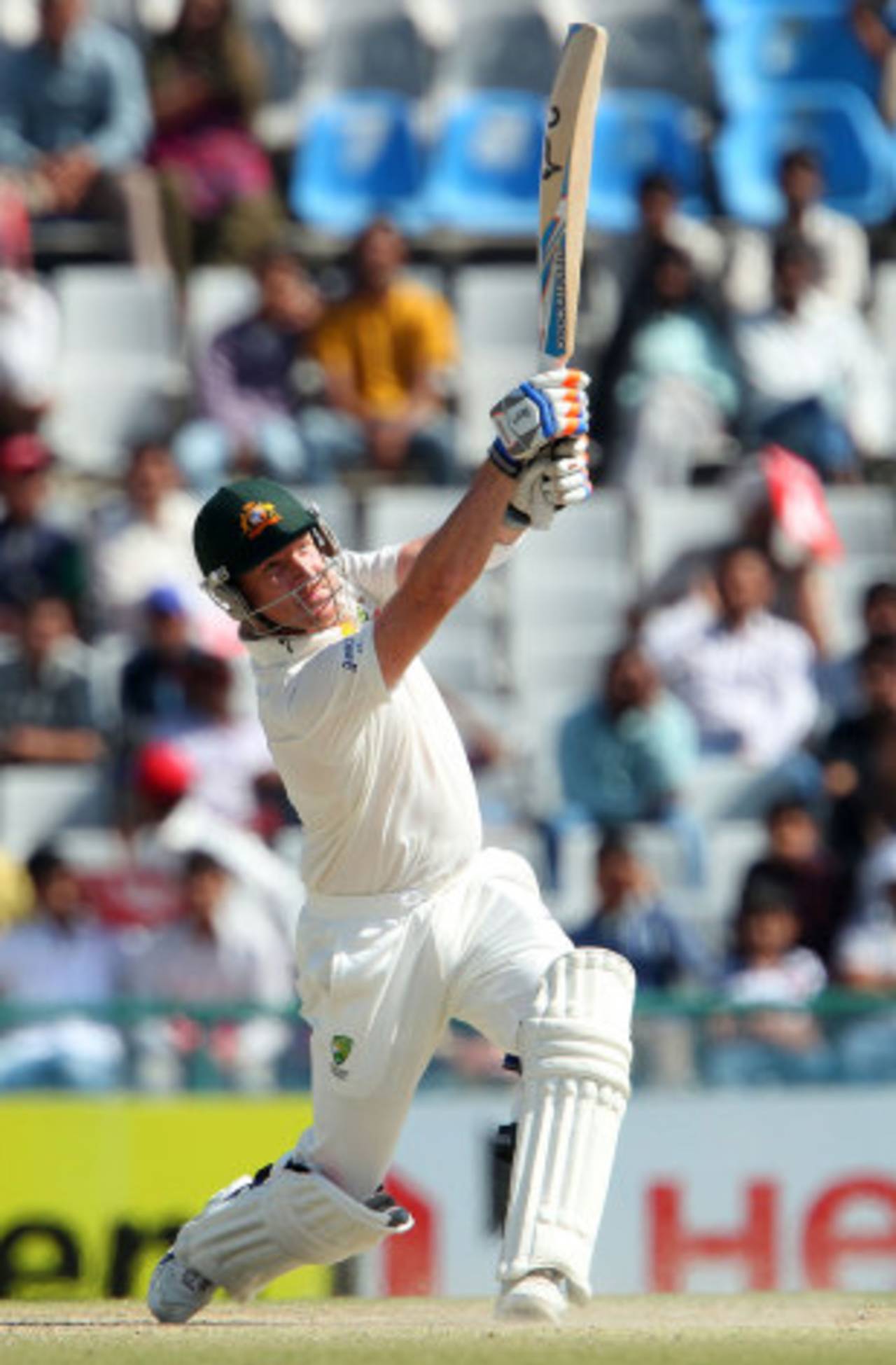Depending on which sensationalized media report you read, the Australian team is going through a "leadership vacuum" and/or a "leadership crisis". What has really happened, though, is that Shane Watson has resigned as vice-captain to the shock and horror of every member of the Australian cricket fraternity. Watson's leadership credentials have long been in doubt since his rise to team vice-captain, culminating in his recent stand-in performance as captain in the fourth Test against India. This was in spite of Watson's consistently poor performances and disciplinary suspension that raised serious questions over his place in the side as a player. It is likely, however, that Watson realised his inevitable dropping from the team would be far less embarrassing as just "one of the boys", rather than from the heady heights of the vice-captain's chair. So last week, he resigned as vice-captain of Australia in all formats, preferring to "focus on his own performance".
Watson's resignation has, despite all my cynicism, kept me enthralled, mainly due to the subsequent scramble for a replacement. This has caused me to ponder the role of the vice-captain within a cricket team, and ask the question: What does he actually do?
Cricket is a unique sport for a variety of reasons, not least of all because of the role the captain plays. In most other sports, a captain's role is ceremonial, and often given to the most experienced player. But with cricket being such a nuanced game, the captain has to run the show on the field, and make daring or conservative decisions while his players bat. He has to be a master tactician, abreast of field and bowling changes and team selections, and can even change the outcome of the match with an attacking declaration or the choice to hold out for a draw. It can therefore be said that the captain is the most important player in the side, because he basically lives and dies by the sword, by the decision he makes.
The role of a vice-captain, however, is a different story. It's most likely that he and other senior players act as counsel to the captain and can be relied on for suggestions. The Australian team has some sort of an obsession with nominating a vice-captain as an important member of the side, but these appointments only seem titular. Shane Watson's appointment meant he took over as captain in Clarke's absence, but does anyone believe that while he was vice-captain, he had more influence within the "leadership group" than fellow Michael Hussey and Ricky Ponting? I doubt it.
Consider the case of long-standing vice-captain Adam Gilchrist. Like Watson, Gilly took over captaincy on a couple of occasions, when the regular captain was injured, but he was never considered a candidate for the actual job. He even saw Ponting have his captaincy apprenticeship under Steve Waugh, and Clarke have his under Ponting. In these cases, it seems that the vice-captain is somewhat influential, but is not necessarily the incumbent.
While the Australian team has always prided itself on having an outstanding candidate as a vice-captain, the aftermath of Watson's resignation has been fascinating. There's been a frantic scramble to fill the void. Many names have been thrown about as potential replacements, including David Warner, Matthew Wade, Ed Cowan and even Peter Siddle. Interestingly, Brad Haddin got the nod. Haddin, until recently, seemed to have missed out on another shot at Test cricket following the appointment of Matthew Wade as the wicketkeeper. Some would argue that Haddin's appointment has given a guaranteed place to a player not currently in the team's best XI, possibly sacrificing success for some inconsequential moral support to the team's captain. I'm sure Haddin will perform admirably as the side's wicketkeeper-batsman, but I just think there are probably two better candidates, in Matthew Wade and Tim Paine, in that role. All this for a ceremonial title.
If you have a submission for Inbox, send it to us here, with "Inbox" in the subject line 